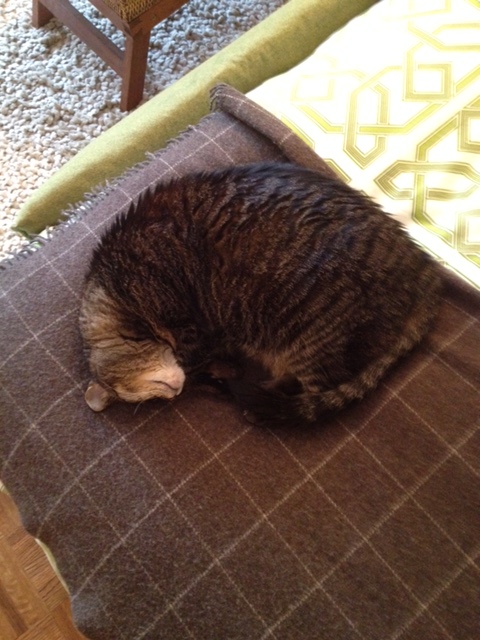
Music’s Power to Change
 The past three weeks I have been hard at work practicing Mozart’s Requiem. Last week, I had the pleasure of performing this Requiem with a choir of 20 choristers and a small orchestra of 9 instrumentalists. During the rehearsals we were still learning this difficult piece. The night of the performance everything changed. The rhythm became faster and it was musically sound and passionate. Of course a lot has to do with practice, but most of all we had the audience. We came alive and our voices and instruments were inspired by Mozart’s marvelous work. Music has the power to transform us and affect our minds. When I sing I forget who I am, the shape of my day and even the turmoil we are in as a country.
The past three weeks I have been hard at work practicing Mozart’s Requiem. Last week, I had the pleasure of performing this Requiem with a choir of 20 choristers and a small orchestra of 9 instrumentalists. During the rehearsals we were still learning this difficult piece. The night of the performance everything changed. The rhythm became faster and it was musically sound and passionate. Of course a lot has to do with practice, but most of all we had the audience. We came alive and our voices and instruments were inspired by Mozart’s marvelous work. Music has the power to transform us and affect our minds. When I sing I forget who I am, the shape of my day and even the turmoil we are in as a country.
A lot has been written about how music affects the brain. My favorite author on this subject is neurologist Oliver Sacks. His Musicophilia: Tales of Music and the Brain investigates the ways we are moved and healed through music. Specifically, he explains music’s power to animate people with Parkinson’s disease who otherwise could not move. He also tells us that music can calm those with Alzheimer’s disease and help stroke patients to regain the power of speech. How all of this happens is still a mystery even to neuroscientists. Some believe it has to do with rhythm and what rhythm does to the brain. If music can heal those with serious impairment, perhaps it can help us as we awaken this week to a changed world. The link below is of Leonard Bernstein conducting a portion of Mozart’s Requiem.





One Comment
Sally hamilton
Very helpful advice, and I loved the Dies Irae! Thank you!